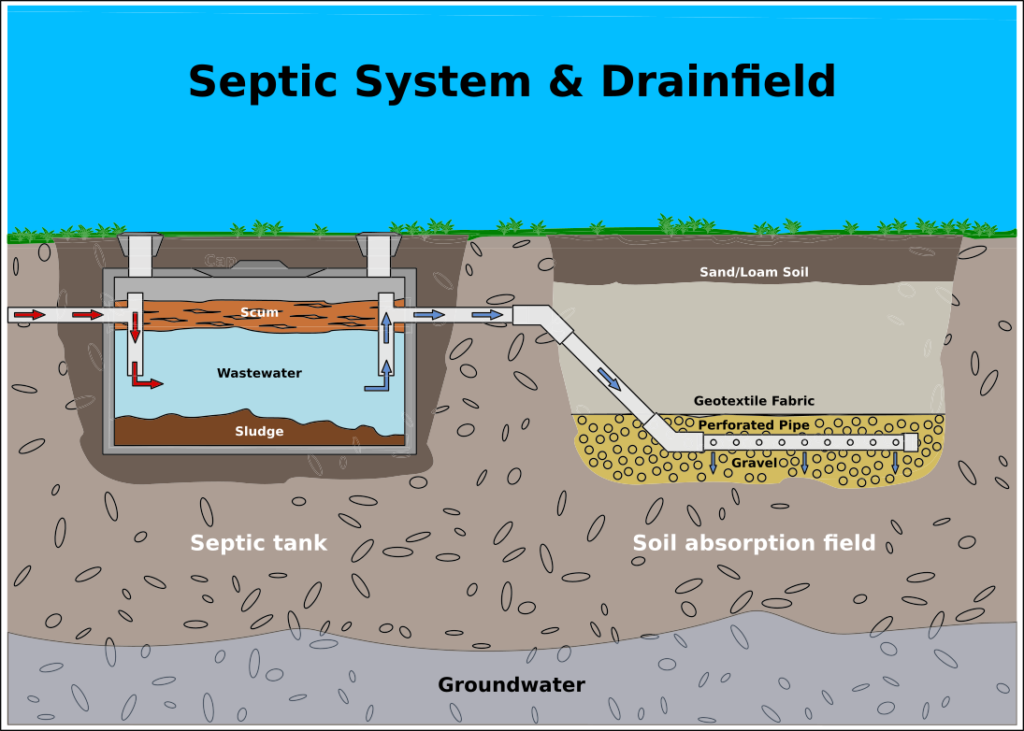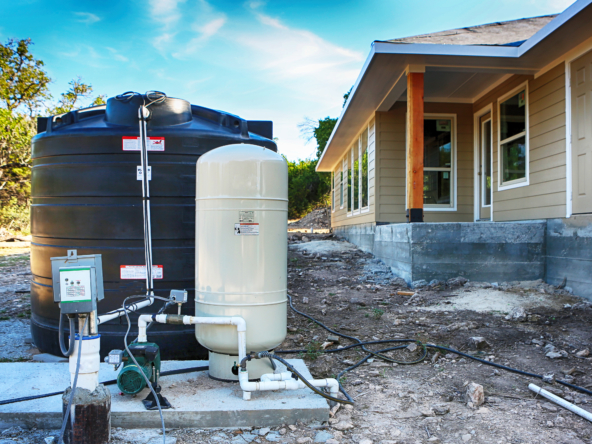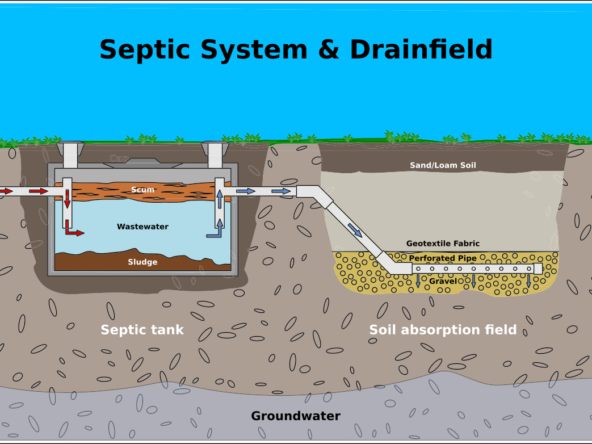Introduction
Buying a property is a significant investment, and when it comes to properties with septic systems, there are important considerations that buyers should be aware of. Septic systems are a common alternative to municipal sewer systems, especially in rural and suburban areas. Understanding how these systems work, their maintenance requirements, potential issues, and the impact on property value is crucial before making a purchase decision. In this blog post, we will provide a comprehensive guide to buying a property with a septic system, covering key aspects that every buyer should know.
Understanding Septic Systems
A septic system is an on-site wastewater treatment system commonly used in areas without access to public sewers. It consists of a septic tank, a distribution box, drain field or leach field, and various pipes connecting them. The septic tank collects and decomposes solid waste, while the effluent is released into the drain field, where it is filtered and naturally treated by the soil.
Evaluating the Health of the Septic System
Before buying a property with a septic system, it’s important to evaluate the health and functionality of the system. Hiring a professional septic inspector can help identify any existing issues, such as leaks, blockages, or system failures. They will examine the tank, check for proper drainage, inspect the drain field, and assess the overall condition of the system.
Maintenance and Care
Septic systems require regular maintenance and care to ensure their proper functioning. As a homeowner, you’ll need to be mindful of what you flush down the drains and toilets to avoid clogging the system. Routine pumping of the septic tank is necessary to remove accumulated sludge and prevent potential issues. It’s recommended to have the tank pumped every 3 to 5 years, although frequency may vary based on household size and water usage.
Potential Issues and Repairs
Septic systems can face various issues over time, such as drain field saturation, clogs, tree root intrusion, or septic tank cracks. Understanding the signs of potential problems, such as slow drains, foul odors, or sewage backups, is crucial. Addressing issues promptly is important to prevent further damage and expensive repairs. Having an emergency fund specifically allocated for septic system repairs can provide peace of mind.
Impact on Property Value
The presence of a septic system can affect the value of a property. While some buyers may be hesitant due to maintenance responsibilities, others may appreciate the privacy and lower utility costs associated with septic systems. It’s essential to research the local real estate market to gauge how septic systems impact property values in the area you’re considering.
Conclusion
Buying a property with a septic system requires careful consideration and understanding of the system’s functioning, maintenance requirements, potential issues, and impact on property value. By evaluating the health of the septic system before purchasing, ensuring proper maintenance, and being prepared for potential repairs, buyers can make informed decisions. Consulting with professionals, such as septic inspectors or real estate agents experienced with septic systems, can provide invaluable guidance throughout the buying process. Ultimately, with the right knowledge and proactive approach, owning a property with a septic system can be a rewarding and environmentally friendly choice.







